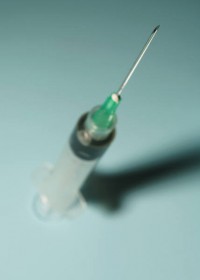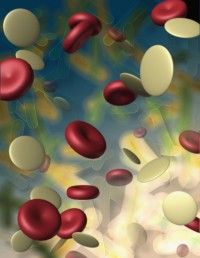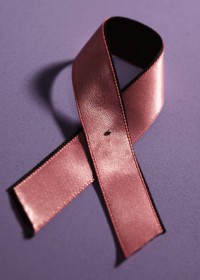
Searching for a vaccine to prevent breast cancer, traditional Western medicine is once again following in the footsteps of renowned cancer specialist Dr. Josef Issels, founder of Issels Integrative Oncology. Since the development of a preventative cervical cancer vaccine, scientists have been searching for vaccines that could be used to prevent other common cancers, including breast and prostate cancer. A common problem has been lack of a clear target.
Vaccines typically target a specific virus or bacteria, but scientists have not been able to isolate a single specific cause for breast cancer. Certain viruses are known to cause cancer. Human papillomavirus (HPV), for example, has been directly linked to cancers of the cervix, head and neck, vulva, vagina, penis and anus; and liver cancer can be caused by the virus Hepatitis B. While there are a number of different cancers that attack the breast and scientists speculate that breast cancer is likely to have multiple causes, the human mammary tumor virus (HMTV) is evident in 40% of all breast tumors. HMTV also seems to play a significant role in inflammatory breast cancer, a rare but deadly form of the disease.
The relationship between breast cancer and HMTV is not fully understood, but the virus has given cancer researchers a target for the development of a breast cancer vaccine that would spare women from subjecting their bodies to mastectomy, chemotherapy or radiation. Numerous vaccine initiatives are currently in progress, but personalized cancer vaccines that tap into the patient’s own immune system, like those already available at Issels appear to offer the greatest potential.
Next time: Vaccine initiatives




